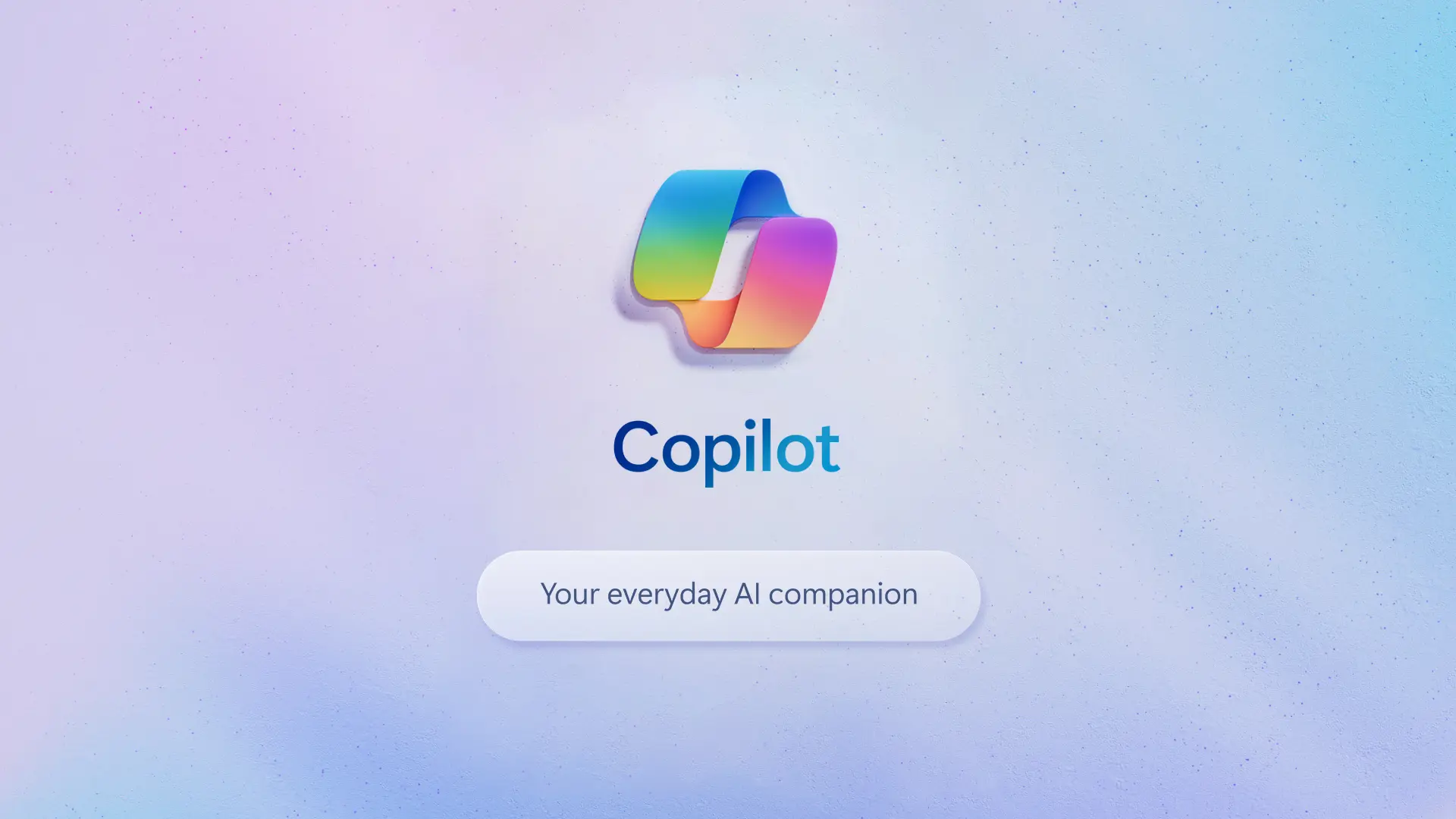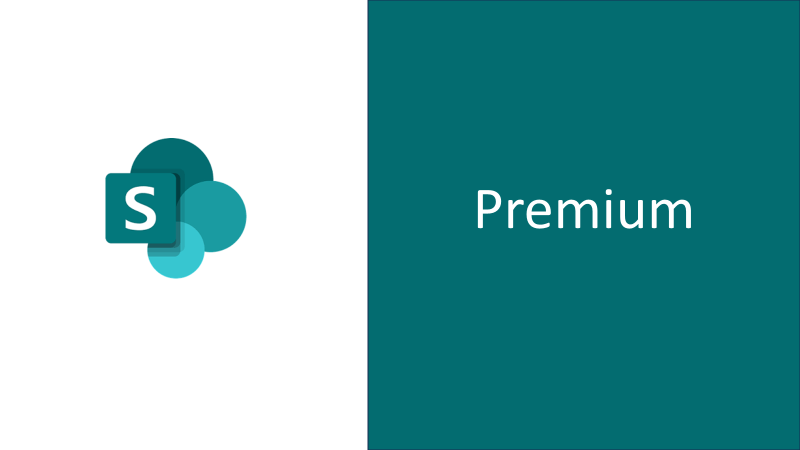Will the current rapid shift to new ways of working become permanent? Or will we very quickly revert to doing things ‘the way they have always been done around here’?
The focus of Bridgeall’s two Breakout Sessions at DT2020 (now postponed until 15thOctober) is the Modern Intelligent Workplace (MIW) – work environments leveraging the full potential of technology for rethinking the way things are done, breaking free from the limits imposed by outdated systems and outdated management thinking.
Embedding the right technology at the core of everything your organisation does helps you to deliver streamlined internal systems, processes and workflows and in turn improves efficiency and reduces costs. The MIW ensures that your organisation becomes agile, fast-moving, collaborative, data-driven and ‘fit-for-purpose’ in a digital age.
As of March 2020, many organisations have no option but to move to new agile, flexible, remote ways of working. Will coronavirus prove to be a game-changer in working practices?
On a positive note, evidence from our own research suggests that the MIW is becoming a strategic priority in 75% of organisations. However, significant progress still needs to be made before the MIW becomes a reality for most, with only 22% of respondents stating that they were making ‘good’ or ‘very good’ progress in becoming modern and intelligent – State of the Modern Intelligent Workplace 2020.
Based on our extensive experience in this area, we would offer the following advice to support your organisation on its MIW journey.
Business Outcomes
Be very clear on business goals, outcomes and benefits. Implemented effectively, a Modern Intelligent Workplace strategy can deliver real business improvements including enhanced productivity; lower costs; improved collaboration, knowledge sharing & staff engagement; deriving actionable insights from data; workflow automation; enhanced mobility, security & compliance; best-in-class IT infrastructure; improved customer experiences, satisfaction and loyalty. Agree on SMART objectives, KPIs and targets for each intended outcome.
The Technology Roadmap
Prioritise the key digital actions and initiatives your organisation should implement in becoming modern and intelligent, the core technologies and project methodologies to be used. Ensure full alignment with agreed business goals and objectives. Be agile in your approach to technology implementation with a heavy reliance on multi-functional teams.
At Bridgeall, we operate a Modern Intelligent Workplace supported by Bridgeall DaaS (Desktop as a Service). This has enabled us to switch to full-company home working rapidly so it will be very much business-as-usual during the pandemic.
Overcome Non-Technology Barriers
Non-technology factors (people, culture, skills, resistance to change, leadership etc) can often act as major impediments to becoming a modern and intelligent organisation. Agree and implement a change management and adoption plan for overcoming these barriers. Use internal channels to communicate the vision, win the right to engage and overcome staff resistance.
Maintain the Momentum
Plan the work and work the plan. Predict and proactively manage change fatigue. Senior executive support, resource allocation and transformation leadership are critical in maintaining momentum. Measure performance, iterate and scale.
Real transformation takes place through teams working on small iterative digital projects delivering business value in months rather than years. Micro-projects can deliver immediate business improvements while acting as a call-to-action, creating a culture of change and continuous learning.
Transformation should be viewed as an agile journey, iteratively scaling smaller projects to deliver big goals. Adopt a Reverse Planning Model working backwards from the coalface reality, phase-by-phase, to deliver broad corporate objectives.
- Dr Stephen Beer is Managing Director, Bridgeall Ltd, a multiple Microsoft Gold Partner with extensive experience in supporting organisations become modern and intelligent.




